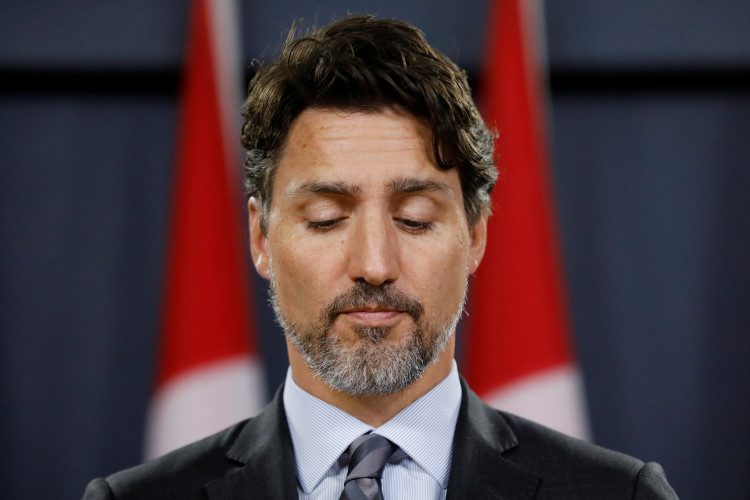Canada's Prime Minister Justin Trudeau finds himself at a pivotal juncture. With his leadership increasingly under scrutiny, Trudeau admits to the relentless challenges that accompany his role, revealing a daily contemplation of resignation. Since ascending to the prime ministership in 2015, following a triumphant majority win, Trudeau has steered the Liberal Party through two subsequent elections, each time securing power, albeit with diminishing majorities. The drop in public support is palpable, underscored by recent opinion polls that spotlight the mounting frustrations among Canadians, primarily centered around housing affordability and escalating living costs.
The tide of public opinion appears to be turning against Trudeau, with significant portions of the populace and even voices within his own party suggesting that a change at the helm might be imperative for the Liberal Party's rejuvenation. A striking poll conducted by Global News disclosed that an overwhelming 69% of Canadians advocate for Trudeau's step down in the lead-up to the 2024 election. This sentiment underscores a broader desire for renewal, irrespective of the successor's identity.
However, the Liberal Party is caught in a quandary. On one hand, there's a palpable yearning for fresh leadership to reinvigorate the party's prospects; on the other, there's a prevailing concern that a leadership contest at this juncture could sow deeper divisions within the party and cast further doubt on its ideological direction. Political analysts argue that such a race might do more harm than good, potentially alienating the party base and muddying the waters of the Liberal Party's core principles.
Simultaneously, the prospect of Trudeau's continued leadership poses its own set of challenges, particularly the risk of dampening voter turnout in the upcoming election. A segment of the Liberal base, disenchanted with Trudeau yet averse to the alternatives offered by the Conservatives under Pierre Poilievre or the NDP's Jagmeet Singh, might opt for abstention, further complicating the Liberal Party's electoral calculus.
In an introspective interview with Radio-Canada, Trudeau voiced his commitment to his role, despite the inherent tribulations. "I could not be the man I am and abandon the fight at this point," he asserted, highlighting the daily reckonings he faces with the demands of leadership. "I think about quitting every day. It's a crazy job I'm doing, making the personal sacrifices." His reflections offer a rare glimpse into the personal toll exacted by the highest office in the land.
Trudeau's tenure has not been devoid of personal developments that have thrust him into the limelight, most notably his recent separation from Sophie Gregoire Trudeau after nearly two decades of marriage. Beyond the political arena, these personal moments have shaped the public's perception of Trudeau, adding layers to his public persona.
As Trudeau gears up for the next electoral battle, he finds himself at a critical crossroads, with the weight of public expectation and the challenges of governance bearing down on him. The decision to persist in the face of adversity is a testament to his dedication to public service, a principle he holds dear. "Not to be popular, not for personal reasons - because I want to serve, and I know I have something to offer," he remarked, encapsulating his ethos.
With the next election looming on the horizon, Trudeau's resolve to stand his ground sets the stage for a formidable contest, particularly against a resurgent Conservative Party buoyed by favorable polling. As Trudeau navigates these turbulent waters, the question remains: Can he weather the storm and rekindle the spark that once endeared him to the Canadian electorate?




